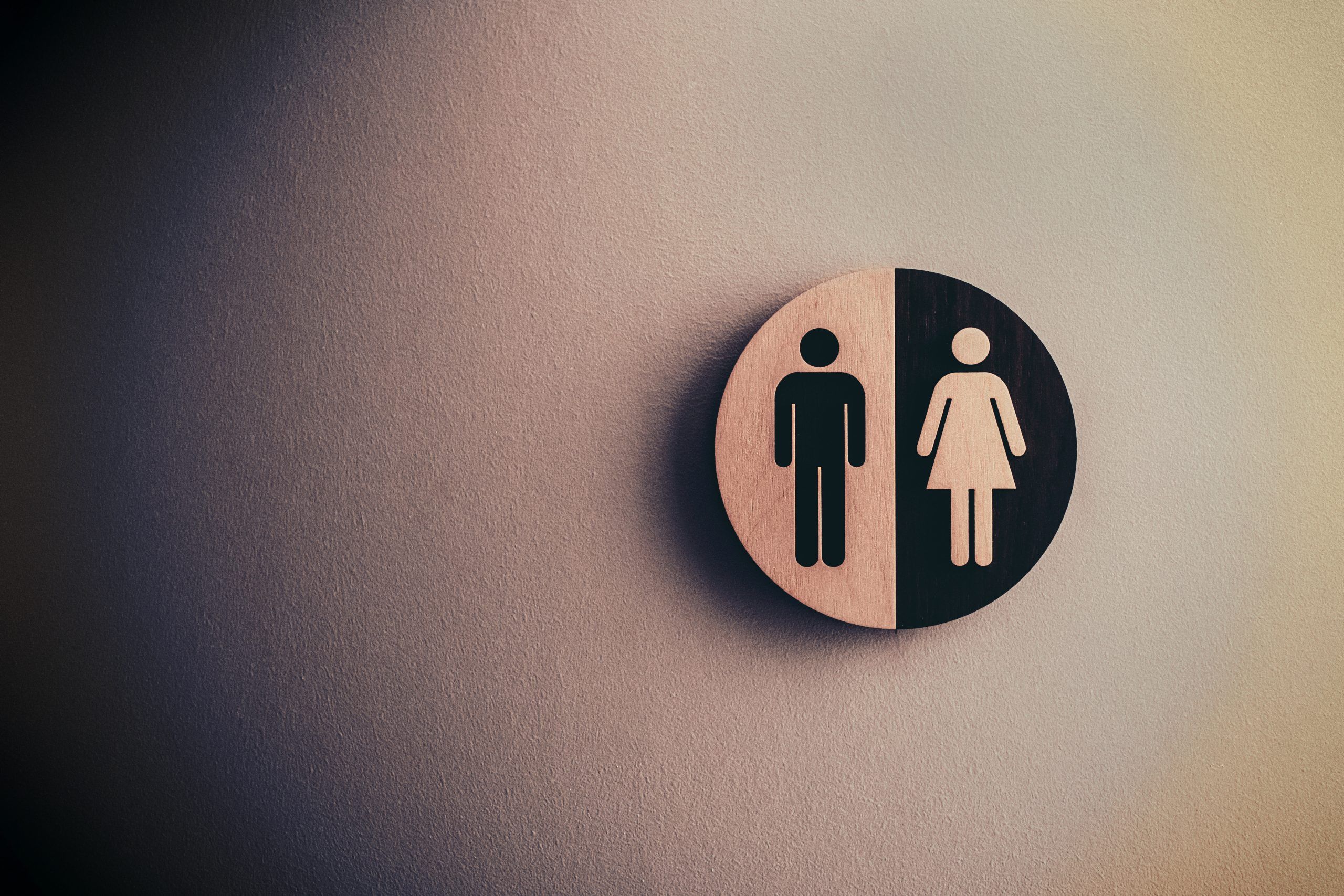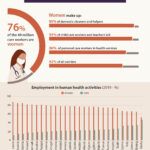Progress towards gender equality
Although inequalities persist, the EU has made significant progress towards gender equality in recent decades because:
- Equal treatment legislation
- Mainstreaming a gender perspective in all policies
- Specific measures to promote the status of women
More and more women are entering the labour market and the results of their education and training are encouraging.
However, the gap between men and women remains. Moreover, women remain in the majority in low-wage industries and are under-represented in managerial positions.

How data accelerates progress towards equality and narrows the gender gap |
Gender Equality Strategy 2020-2025
The EU Gender Equality Strategy delivers on the von der Leyen Commission’s commitment to achieving a Union of Equality. The Strategy presents policy objectives and actions to make significant progress by 2025 towards a gender-equal Europe. The goal is a Union where women and men, girls and boys, in all their diversity, are free to pursue their chosen path in life, have equal opportunities to thrive, and can equally participate in and lead our European society.
The key objectives are ending gender-based violence; challenging gender stereotypes; closing gender gaps in the labour market; achieving equal participation across different sectors of the economy; addressing the gender pay and pension gaps; closing the gender care gap and achieving gender balance in decision-making and in politics. The Strategy pursues a dual approach of gender mainstreaming combined with targeted actions, and intersectionality is a horizontal principle for its implementation. While the Strategy focuses on actions within the EU, it is coherent with the EU’s external policy on gender equality and women’s empowerment.
As one of the first deliverables of the Strategy, the Commission proposed binding pay transparency measures on 4 March 2021.
On 8 March 2022, the European Commission adopted a new EU-wide proposal for a directive to combat violence against women and domestic violence. The proposal seeks to introduce targeted minimum rules on the rights of this group of crime victims, and to criminalise the most severe forms of violence against women and of cyber violence.
A milestone achievement is the Directive on gender balance in corporate boards, which seeks to improve the gender balance in corporate decision-making positions in the EU largest listed companies. After 10 years of negotiations, the Directive has been finally adopted on 22 November 2022.







Leave a Reply